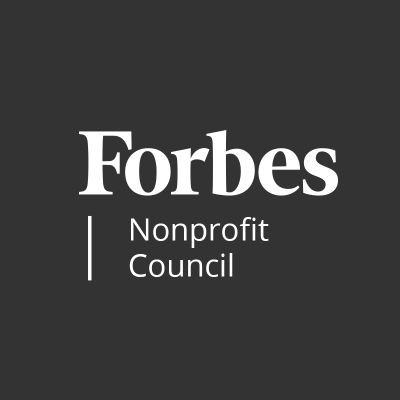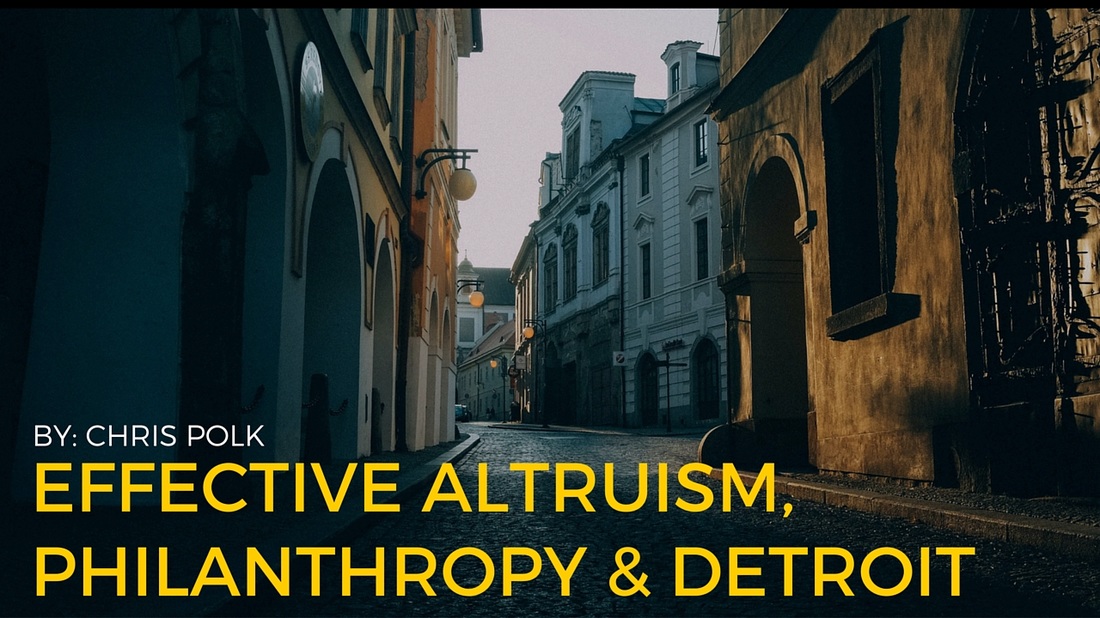Philanthropy and Business Integration
Chris Polk is a proven executive and emerging sector leader with nearly two decades of experience in fundraising, philanthropy, marketing and corporate engagement. As counsel, he has also raised over $215 million for various client project initiatives across the United States. His primary focus is working closely with entrepreneurs, impact investors, foundations, institutions of higher learning, independent schools, professional associations, arts & cultural organizations, progressive non profits and Fortune500 companies interested in strategic philanthropy, corporate partnership and community engagement.










 RSS Feed
RSS Feed
